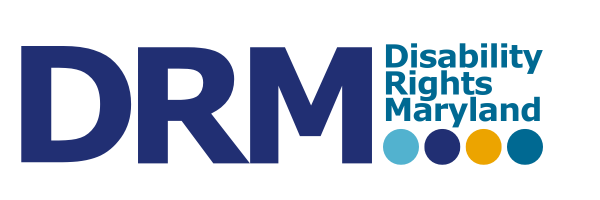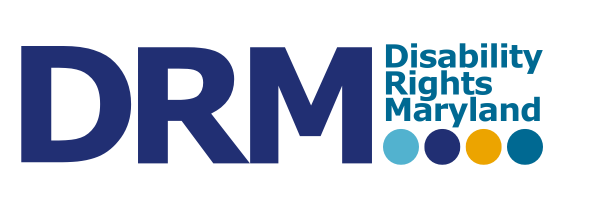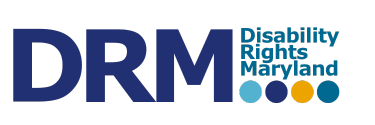DRM Leads Development of Alternatives to Guardianship

Too often people with disabilities are stripped of their rights to make everyday decisions that govern their lives and who they are including who they can partner with or marry, whether they can vote, where they can work, and what health care and services they receive. Disability Rights Maryland (DRM) has seen the detrimental impact that unnecessary guardianships have on our clients’ lives. It can fundamentally restrict a person’s liberty, lead to loss of association and even institutionalization. Seeking to bolster alternatives to guardianship, DRM has led the charge to establish supported decision-making (SDM) in the state of Maryland.
As the media focuses on the restriction of Britney Spears’ rights under guardianship, DRM knows that restrictive and unnecessary guardianships have long been and continue to be a critical and fundamental civil rights issue for people with disabilities. This issue is not new.
SDM provides a possible solution and an alternative to guardianship. SDM is a tool that offers support to people with disabilities in making important decisions about their lives without compromising their legal right to make these decisions. A person using SDM selects supporters, such as friends and family members, who they trust to help the them make choices and communicate those choices to others. It is fundamentally how all of us, with or without disabilities make decisions, but for people with disabilities, it can be a tool that eliminates or limits the need for guardianship.
In Maryland, DRM has led an initiative to recognize SDM as an alternative to guardianship. With initial assistance through a small grant from our Developmental Disabilities (DD) Council, DRM established and chairs Maryland’s Cross-Disability SDM Coalition, a network of over 27 state partners, advocacy agencies, and self-advocates with representation from the developmental disabilities, mental health, traumatic brain injury, and aging communities. The Coalition was tasked with creating and implementing an action plan to recognize SDM in Maryland and received technical assistance from the National Resource Center for Supported Decision-Making on this project. Megan Rusciano, Co-Managing Attorney of DRM’s Developmental Disabilities, Health Care, and Victims of Crime Act (VOCA) team serves as project lead for this program, and continues to support the coalition in implementing its action plan to make supported-decision making a viable legal alternative in Maryland.
DRM’s work with the Coalition is rooted in our 40+ years of expertise and experience working alongside people with disabilities to preserve and advance their rights to self-determination.
The Coalition’s work is ongoing, and includes:
- Developing educational materials on SDM and providing training across the state to a myriad of different audiences
- Conducting outreach to communities and critical partners who should learn more about supported decision-making
- Advocating for guardianship reform initiatives and broader recognition of SDM
- Collecting data on the use of SDM in Maryland
For more information about DRM and to keep up-to-date with our work with SDM and other projects, sign up for our mailing list below.
Stay in the Loop
Join our mailing list to receive updates about Disability Rights Maryland.




